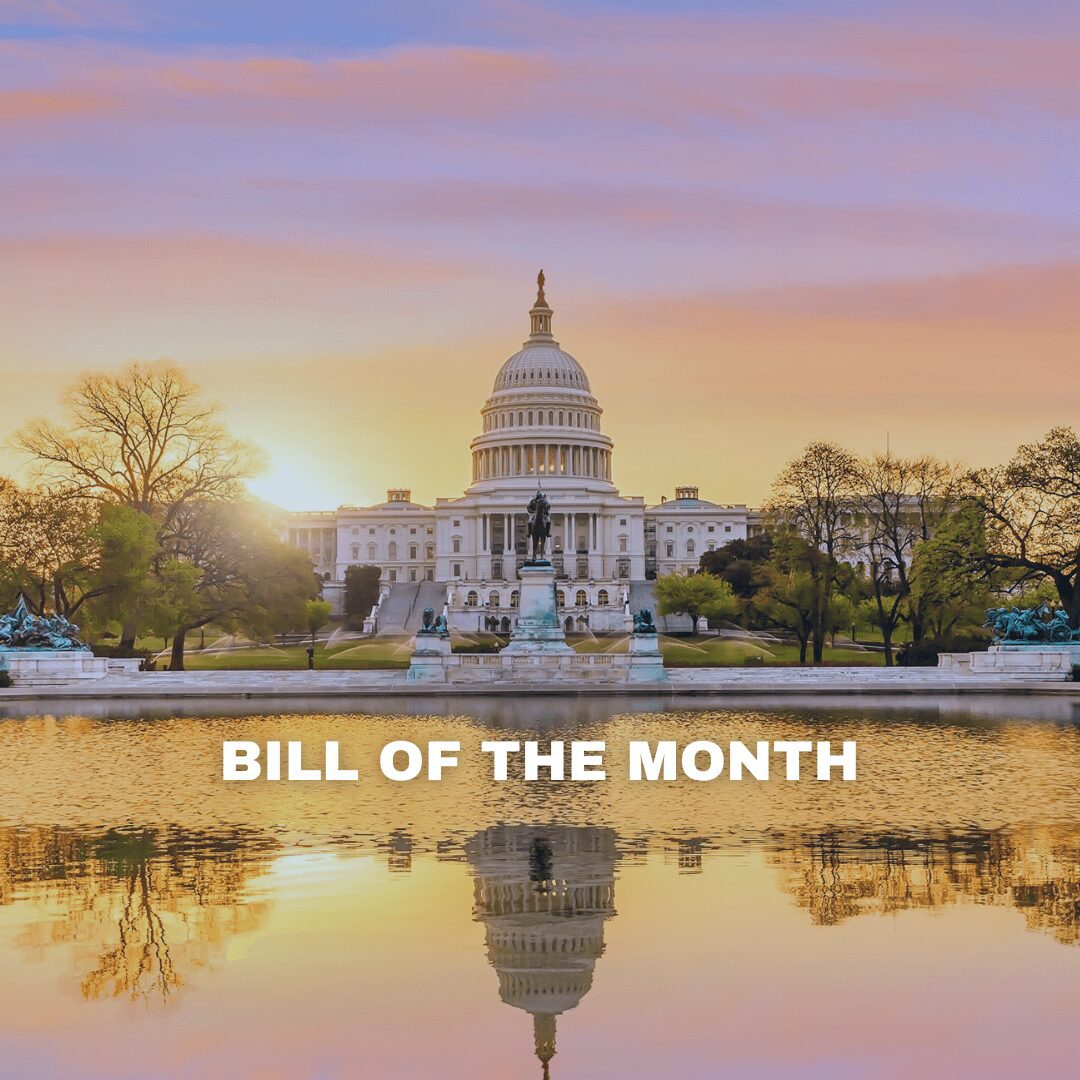
Bill of the Month — March 2024: Appropriations Transparency Act
Michael Mohr-Ramirez
March 28, 2024
INTRODUCTION
H.R.7584, the Appropriations Transparency Act of 2024
Introduced by Rep. Glenn Grothman (R-Wis.)
The Appropriations Transparency Act of 2024 would require the Congressional Budget Office (CBO) to provide cost estimates for all appropriations bills reported out of committee, subjecting appropriators to the same fiscal transparency standards as other committees.
To rein in runaway spending and national debt, members must understand more than the nominal topline figures when it comes to annual spending measures. It is for these reasons, among others, that TPA is pleased to make the Appropriations Transparency Act of 2024 from Rep. Grothman its Bill of the Month for March 2024.
Background:
Currently, the U.S. national debt stands at more than $34 trillion. In fiscal year (FY) 2023, the federal government ran a deficit of $1.7 trillion. The Congressional Budget Office (CBO) estimates that the deficit in FY24 will be approximately $1.5 trillion.
The CBO plays a valuable role in the legislative process, providing cost estimates for nearly all bills once reported out of committee. These reports contain information on how much bills spend versus how much revenue they generate, calculate the increase or decrease to the deficit, and indicate how much spending is subject to appropriations.
Even though the CBO can determine the budgetary effects of annual appropriations bills, it is not required to provide cost estimates for appropriations bills. Considering the length and wide-ranging effects of these pieces of legislation, it is non-transparent for off-committee members to only know the total cost of an annual appropriations bill, and not the several other factors contained in a CBO cost estimate.
Appropriations Transparency Act of 2024
The Appropriations Transparency Act of 2024 would require CBO to provide cost estimates for all appropriations bills reported out of committee, subjecting appropriators to the same fiscal transparency standards as other committees.
To rein in runaway spending and national debt, members must understand more than the nominal topline figures when it comes to annual spending measures. Changes made to smaller programs can have lasting budgetary effects that remain undetectable if not examined. Further, providing cost estimates for these bills will inevitably highlight the rampancy of earmark spending, a growing and pervasive problem. It is for these reasons, among others, that TPA is pleased to make the Appropriations Transparency Act of 2024 from Rep. Grothman its Bill of the Month for March 2024.
